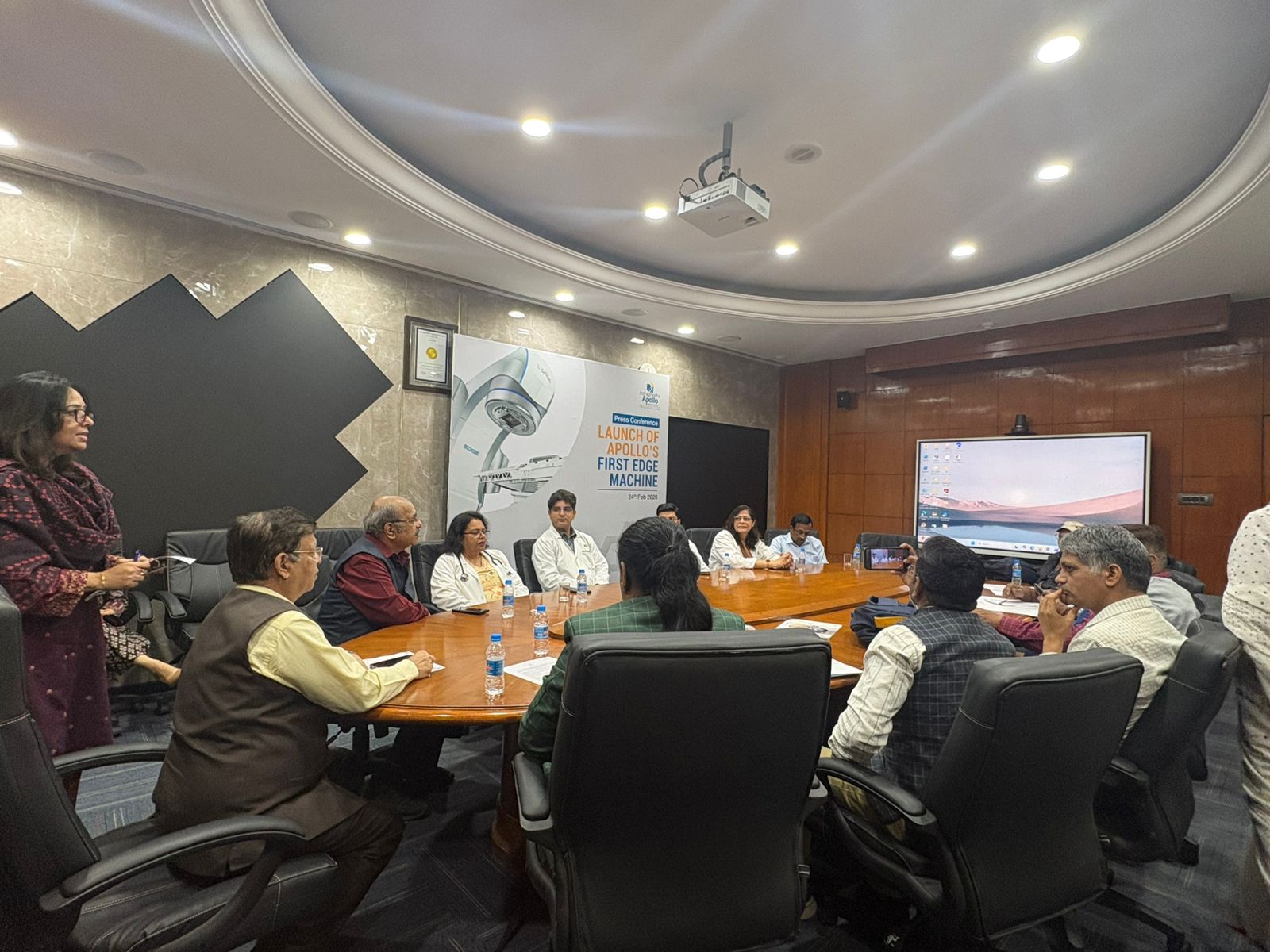Yes, understanding the tax implications of remittances to India is crucial for both Non-Resident Indians (NRIs) and their beneficiaries in India. Here’s a breakdown of the key points:
- Tax on Remittances Sent to India
- For the Sender (NRI): India does not tax the money an NRI sends to India from abroad. However, the country from which the remittance is sent may have its own tax laws.
- For the Receiver in India: If the recipient is a family member (like parents, spouse, or children), the remittance is generally not taxable under Indian law. However, if received from a non-relative, it may be treated as a gift and taxed if it exceeds ₹50,000 in a financial year.
- Taxation on Income Generated from Remitted Funds
Once the remittance reaches India, any income generated from it (such as interest from a fixed deposit, rental income from purchased property, or capital gains from investments) is taxable under Indian tax laws.
- Interest on NRE Accounts (Non-Resident External): Tax-free for NRIs.
- Interest on NRO Accounts (Non-Resident Ordinary): Taxable at around 30% (plus cess and surcharge).
- Fixed Deposits in Indian Banks: Taxable if placed in an NRO account.
- Rental Income or Investment Gains: Subject to standard Indian income tax rules.
- Foreign Exchange and FEMA Rules
- There are no limits on how much money an NRI can send to India.
- However, if an NRI wants to send money from India to abroad, the remittance is subject to Liberalized Remittance Scheme (LRS) rules and may attract a Tax Collected at Source (TCS).
- Double Taxation Avoidance Agreement (DTAA)
- India has DTAA with many countries, allowing NRIs to avoid paying tax twice on the same income.
- If an NRI earns income in India, they can claim tax credits in their resident country based on DTAA provisions.












